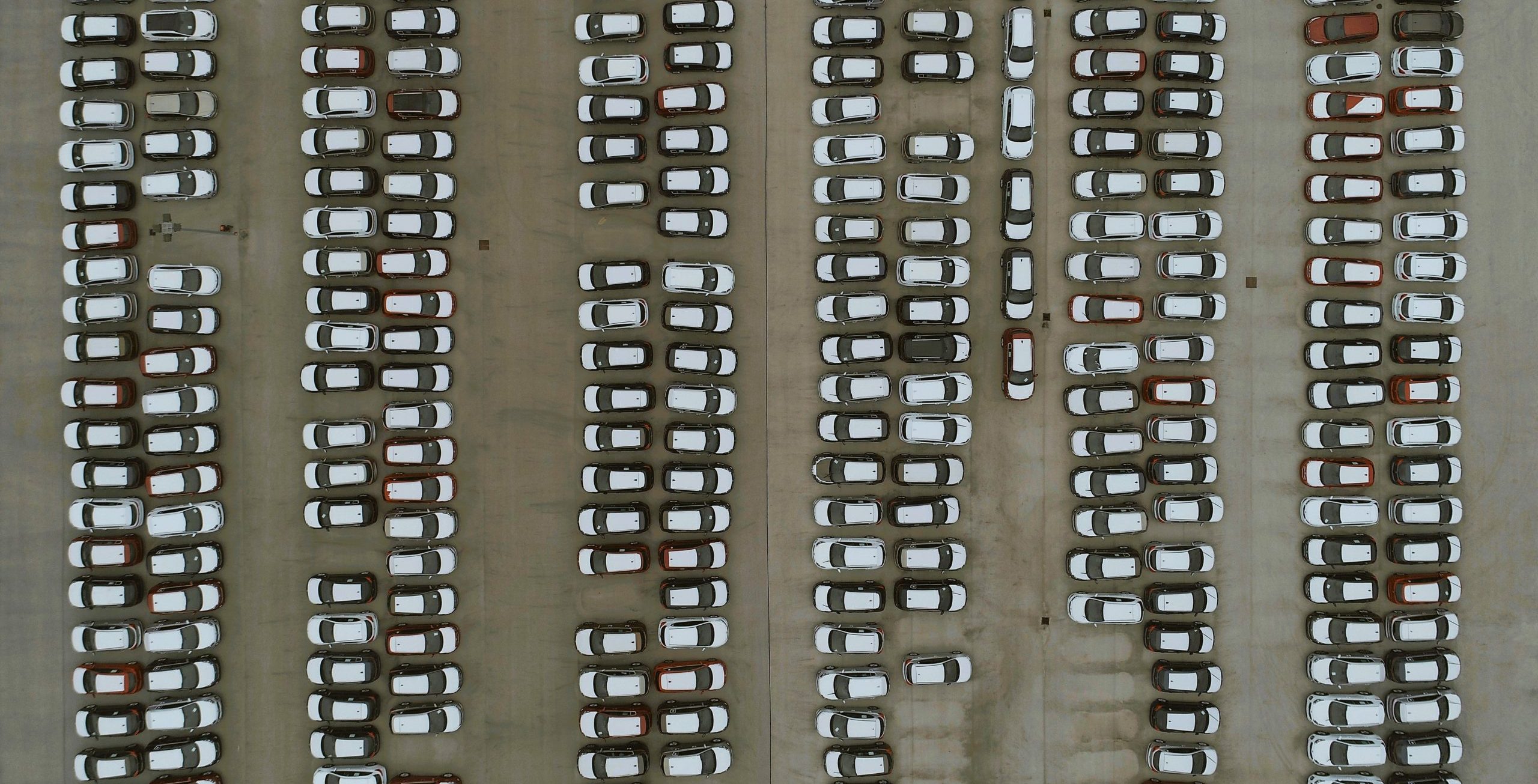The Supply Chain Intelligence Institute Austria (ASCII) advocates for a revision of the EU
Corporate Sustainable Due Diligence Directive (CS3D). The proposed amendments focus on direct monitoring of suppliers instead of bilateral supply links and the introduction of negative and positive lists to streamline due diligence processes, improving effectiveness and reducing costs for EU importers.
The Corporate Sustainability Due Diligence Directive (CS3D), currently under negotiation by EU institutions with a potential adoption in 2024 , aligns with international norms to cover both human rights and environmental impacts in supply networks With our recently published Policy Brief, we propose to refine the directive and emphasize the need for state and private sector involvement in compliance monitoring to counter the rising risk of legislation breaches especially in the face of recent geopolitical shifts ,” explain Peter Klimek, ASCII Director and complexity researcher at the Complexity Science Hub, and Gabriel Felbermayr, ASCII President and Director of the Austrian Institute of Economic Research.
The CS3D asks companies to conduct due diligence across all operations and value chains, causing additional costs for importers due to increased monitoring measures and due diligence activities. Notable features include risk management systems, a grievance mechanism, and an annual report on due diligence efforts. The directive applies to EU and non-EU companies that will be subject to sanctions in case of non-compliance.
LEGISLATION BREACHES PRESENT IN NEARLY ALL SUPPLY CHAINS
A recent study by ASCII indicates that nearly every European company is directly or indirectly at risk of having offenders in its supply chain. “Due to the dense nature of supply networks, most companies are extremely likely to have at least one offender in the second or third tier of suppliers, even in larger and less open EU economies,” says Felbermayr.
FOCUS ON FOREIGN SUPPLIERS
According to ASCII, approximately 20,000 EU-based companies and up to 900 million supply relationships are affected by the CS3D. To maximize efficiency and save costs, ASCII recommends concentrating efforts on foreign suppliers rather than on bilateral relationships, introducing a certification system at the country or company level with the help of negative and positive lists maintained by public authorities and private companies. This approach not only streamlines European due diligence efforts but also creates a supply chain certification industry with global influence.
The withdrawal of EU importers from specific source countries could significantly affect the diversification of EU imports, potentially pushing employment into informal sectors with inferior labor and environmental standards. Additionally, the directive could shift power dynamics, disadvantaging small and medium-sized enterprises (SMEs), the backbone of the European economy.
A GLOBAL ROADMAP
ASCII proposes a roadmap for revisioning the CS3D to promote sustainable corporate practices without overly weighing on businesses. “With a focus on efficient monitoring and innovative certification systems, the recommendations made in the Policy Brief aim to promote the global influence of EU labor laws and sustainability measures while representing the interests of SMEs,” says Klimek.



